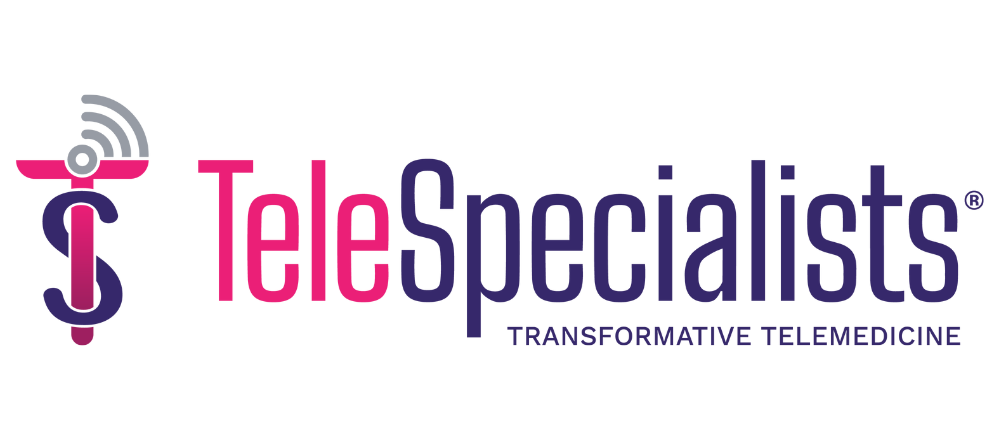Last year my predecessor, wrote an article about athenahealth’s accelerator term sheet, highlighting the fact that some entrepreneurs found it too onerous.
The More Disruption Please accelerator of course is unique in that a healthcare technology company is the one playing host and investor as opposed to standard incubators/accelerators.
One element that I found a bit problematic in reading that article was the “right of first notice.” In other words, if a third-party places wants to acquire a startup that is a MDP accelerator company, then the Watertown, Massachusetts company needs to be told immediately. So when I got the opportunity to interview Jonathan Bush after his keynote at the recently-concluded Stanford Medicine X conference, I decided to ask the man himself. Here’s the verbatim exchange:
Parmar: We actually wrote about your term sheets and that you want to be notified first…
Bush: Chance to buy them.
Parmar: I get that. But if you are first to notify , do you also know who the company is that’s making an offer? Because that might be, like is that the best for the entrepreneur?

The Human Algorithm: What AI Can’t Replace in Pharma Engagement
At a time when AI is reshaping pharma, Reverba Global CEO Cheryl Lubbert explained in an interview why empathy, context, and ethics still require a human touch.
Bush: That might be a little grabby of us.
Parmar: Exactly.
Bush: It sounds like we are the only marketplace in town.
Parmar: Right. (laughs)
Bush: (chuckles)
Parmar: So have you thought about changing that?
Bush: You’re the first person who’s, I actually didn’t know that until you just asked me.
Parmar: Oh, OK.
Bush: I haven’t thought about it.
Parmar: So you’ll look into it?
Bush: Yeah I will. In these kinds of environments when you are creating the game, you can make up all the rules. Because the alternative is that (the entrepreneur) can go sell to practices one by one by one. (Entrepreneur) thinks, “If I sign this thing, I can get access to 10,000 practices at once.’
Or I can have any terms that I want and go one by one by one. Knock on the door, get an appointment with the doctor. Pretend to be a patient. It’s exhausting to try to sell to a doctor or a medical center. So we (athenahealth) can name our price.
The flip side is that maybe there are a lot of great entrepreneurs that are looking at the terms and saying, ‘Screw it, I’ll go to another sector.’
Maybe we should make attractive enough terms to get the best entrepreneurs from any sector into our space.
Parmar: And that’s it?
Bush: That’s what I am thinking as I sit here right now.
To Bush’s credit, he did follow up with the MDP team after the interview to know the details of the “right of first notice.” Turns out that yes, accelerator companies are required to inform the cloud-based EHR company when some other entity wishes to buy them, but they are not required to identify who the interested party is.
Here’s more from a blogpost from athenahealth about the subject posted July 2015, two months after MedCity’s original post on the term sheets requirement was published.
Those who join MDP partner with us because of this connectivity; inherent in our network is an attractive sales channel (direct access to providers and an opportunity to distribute to a captive base), a simplified integration process, and a tailored-to-fit program.
In exchange for these benefits, we ask our portfolio companies for a few things in return. For starters, we encourage them to ‘play well with others,’ develop on other platforms, and to grow their list of strategic partnerships – we never ask for exclusivity. With that said, should one of our portfolio companies contemplate a strategic event – raise debt, raise a large round of equity, or receive an acquisition offer, we ask for ‘right of first notice’. This means as a stakeholder we simply want a seat at the table before these events occur, though disclosing the details (entity or terms) is entirely up to each company.
Even with the clarification that companies are not obligated to reveal identities of potential acquirers, it’s likely to be a bit intimidating for entrepreneurs and might influence their decision making process. Not to mention that potential acquiring companies — who could be competitors of athenahealth — may not be too keen for the EHR company to know they’re interested so early into negotiations. So it’s reasonable to assume that at least some entrepreneurs will view the MDP terms cautiously.
An athenahealth spokeswoman stressed that the terms sheets are not set in stone.
“No one term sheet is the same. We do not have a formulaic term sheet (period),” wrote Holly Spring in an email. “The details in the term sheet come together between the partners involved. There are too many variables for us to concede to a formulaic term sheet.”
Photo: Sean Gallup, Getty Images









